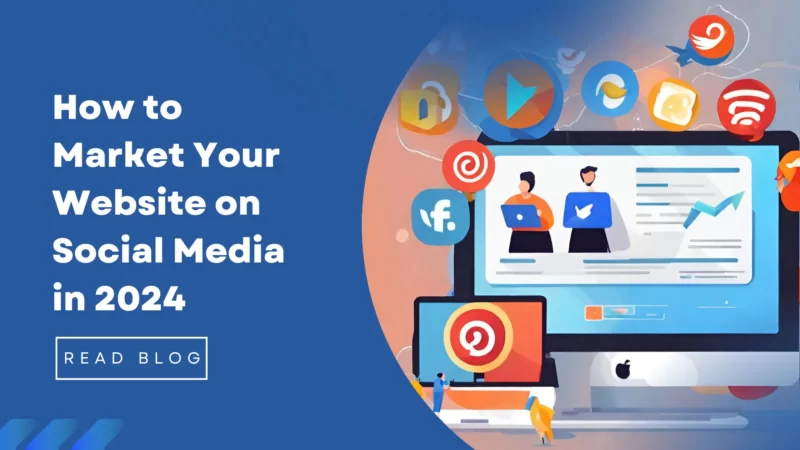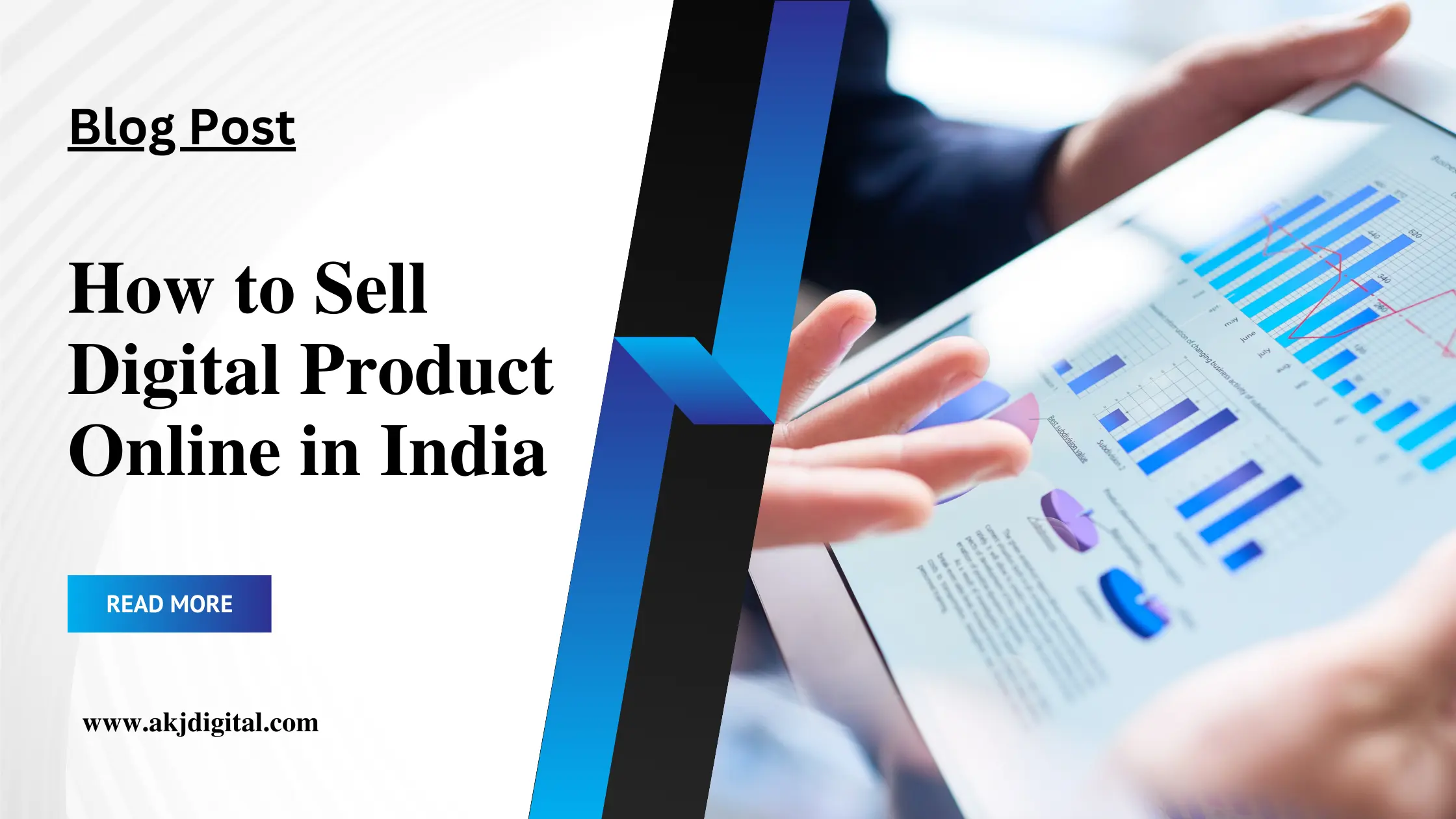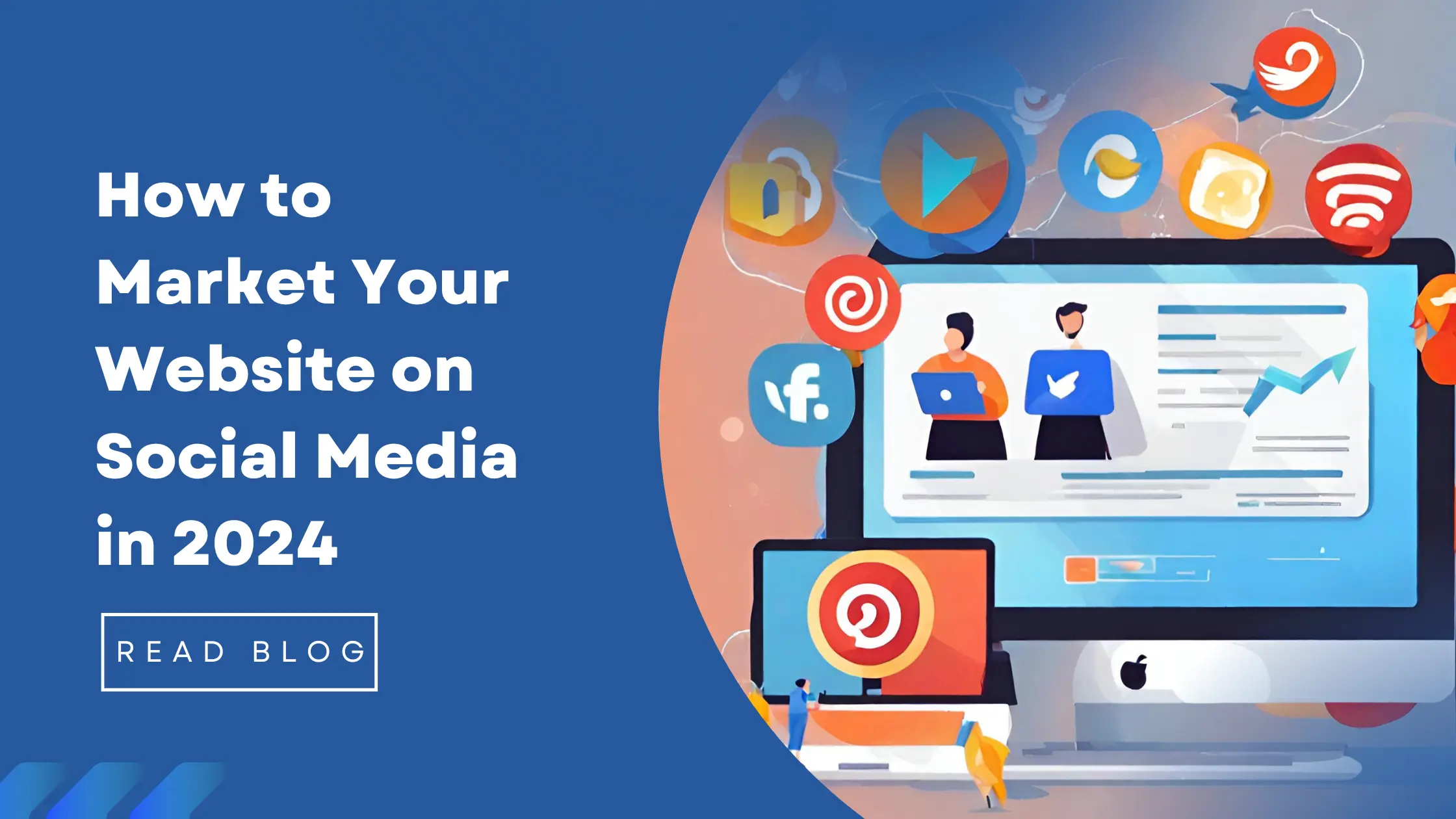Social media has become a powerful marketing tool in our digitally connected world, especially for website promotion. With billions of active users across platforms like LinkedIn, Twitter, Instagram, and Facebook, social media provides unparalleled access to potential customers. However, you must understand how to market effectively to make the most of these platforms. In this guide, we’ll walk you through key strategies to leverage these platforms and discuss how to market your website on social media.
LinkedIn Marketing Strategies
LinkedIn is a professional networking platform to connect with industry leaders, prospective clients, and potential employees. Here’s how to use it to promote your website:
1. Building a Professional Presence
Create a polished LinkedIn profile reflecting your brand’s identity and values. Highlight your achievements, services, and unique selling propositions.
2. Networking
Connect with industry leaders and influencers. Engage in discussions and participate in groups relevant to your industry to increase your visibility.
3. Sharing Valuable Content
Regularly share blog posts, industry news, and updates from your website. Be sure to engage with people who spend their time commenting on or sharing your posts.
Twitter Marketing Strategies
Twitter is an excellent platform for promoting your website due to its real-time interaction and broad reach.
1. Leveraging Hashtags and Trending Topics
Use relevant hashtags to increase the visibility of your posts. Engage in appropriate and popular discussions that resonate with your brand’s core message.
2. Engaging with Influencers
Connect and engage with influencers in your industry. Collaborate with them to reach a wider audience and promote your website.
3. Running Promotional Campaigns
Use Twitter Ads to run targeted campaigns that drive traffic to your website. You can also offer exclusive discounts or promotions for your followers on Twitter.
Instagram Marketing Strategies
If you have decided to market your website on social media, you must not miss Instagram. Famous for its visual content, Instagram is a compelling platform for promoting your website and engaging with a younger demographic.
1. High-Quality Visual Content
Instagram is a visually driven platform. Ensure that the photos and videos you post are high quality and align with your brand’s aesthetics. This helps to catch people’s attention and build brand recognition.
2. Utilize Instagram Stories and Reels
Effectively use Instagram’s features such as Stories and Reels. They offer a dynamic way to engage with your audience, share behind-the-scenes content, and promote your latest blog posts or updates.
3. Influencer Partnerships
Partner with influencers who resonate with your brand values. Utilizing their assistance can expand your reach and enhance website traffic.
4. Engaging Captions and Hashtags
Write engaging captions that connect with your audience and prompt them to visit your website. Also, use relevant hashtags to enhance the reach of your posts.
5. Instagram Ads
Running ad campaigns on Instagram can help you target specific demographics, boosting your website’s visibility to potential customers.
Facebook Marketing Strategies
With its diverse user base and comprehensive features, Facebook is a valuable platform for to market your website on social media. Here are some strategies to utilize this platform:
1. Optimize Your Facebook Page
Your page should represent your brand and website effectively. Make sure your profile and cover photos are high-quality and align with your brand. Include a compelling description, contact information, and, most importantly, your website link.
2. Engage with Your Community
Regularly post content that resonates with your audience and encourages interaction. Respond promptly to comments and messages to build relationships with your audience and make them feel valued.
3. Share High-Quality Content
Sharing informative and engaging content from your website, such as blog posts, news updates, or promotional videos, can drive traffic back to your site.
4. Run Facebook Ads
Facebook’s advertising platform allows precise targeting based on demographics, interests, and behavior. You can run ads promoting your website or specific content to reach a wider audience and drive more traffic to your site.
5. Use Facebook Insights
This tool provides valuable data about your audience and their interactions with your content. Use these insights to adapt your strategy and improve your results.
6. Collaborate With Other Pages
Collaborate with other Facebook pages relevant to your industry. Utilizing this can assist you in reaching a fresh audience and increasing the flow of visitors to your website
Avoid these mistakes when you market your website on social media.
While exploring various strategies for marketing your website on social media, it’s crucial to avoid certain common pitfalls that can hinder your success. Some are as follows:
1. Overusing Hashtags on Instagram
While hashtags can improve visibility, overusing them can make your posts look spammy and may reduce engagement. Keep your hashtags relevant and limit their number.
2. Neglecting the Importance of Analytics on All Platforms
Analytics provide invaluable insights into your audience and the performance of your content. Neglecting these can result in ineffective strategies. Regularly review your analytics and adjust your plan as needed.
3. Ignoring Customer Engagement Opportunities
Engaging with your audience is essential for building relationships and fostering loyalty. Refrain from ignoring comments, messages, or other opportunities to interact with your audience can harm your brand image and customer relationships. Always respond promptly and courteously to audience engagement.
Measuring Social Media Success
Success on social media is about more than just gaining followers, likes, or shares. Understanding how your content and strategies contribute to your brand’s goals is important. Here are essential tips to measure your social media success:
1. Set Clear Goals
Know what you want to achieve with your social media marketing. This could be increasing brand awareness, driving traffic to your website, generating new leads, or boosting product sales. Your goals will guide what metrics to track.
2. Track the Right Metrics
Depending on your goals, there are several metrics you can track. These can be divided into ‘vanity’ metrics like likes, shares, and followers and ‘valuable’ metrics like click-through rates, engagement rates, and conversions. The latter usually provides more insight into how well your strategies are working.
3. Use Social Media Analytics Tools
Most social media platforms offer in-built analytics tools like Twitter Analytics, Instagram Insights, LinkedIn Analytics, and Facebook Insights. These tools provide data on post impressions, reach, engagement, and demographic information about your audience.
4. Monitor Engagement
Engagement is a critical metric showing how your audience interacts with your content. This includes likes, comments, shares, mentions, and retweets. High engagement rates usually indicate resonating content.
5. Measure Conversion Rates
If your goal is to drive traffic to your website or sell products, track the conversion rates. This is the percentage of social media users who clicked on your link and completed a desired action, such as purchasing or filling out a form.
6. Use UTM Parameters
UTM parameters are tags added to your URL to track where your traffic is coming from. They are instrumental in determining how much traffic your social media efforts are driving to your website.
7. Review Regularly
Social media trends and audience preferences can change rapidly. Review your metrics to identify what’s working and adjust your strategies accordingly. Consistent tracking and analysis are crucial to improving your social media performance.
Final Thoughts
In conclusion, effective social media marketing is a dynamic process that requires strategic planning, careful execution, and consistent monitoring. By understanding your audience, engaging with them in meaningful ways, and adapting your strategies based on data-driven insights, you can harness the power of social media to boost your brand’s visibility, foster stronger customer relationships, and drive more traffic to your website. Remember, the key to successful social media marketing is attracting a large audience and cultivating an engaged and loyal community that contributes to your brand’s goals.








